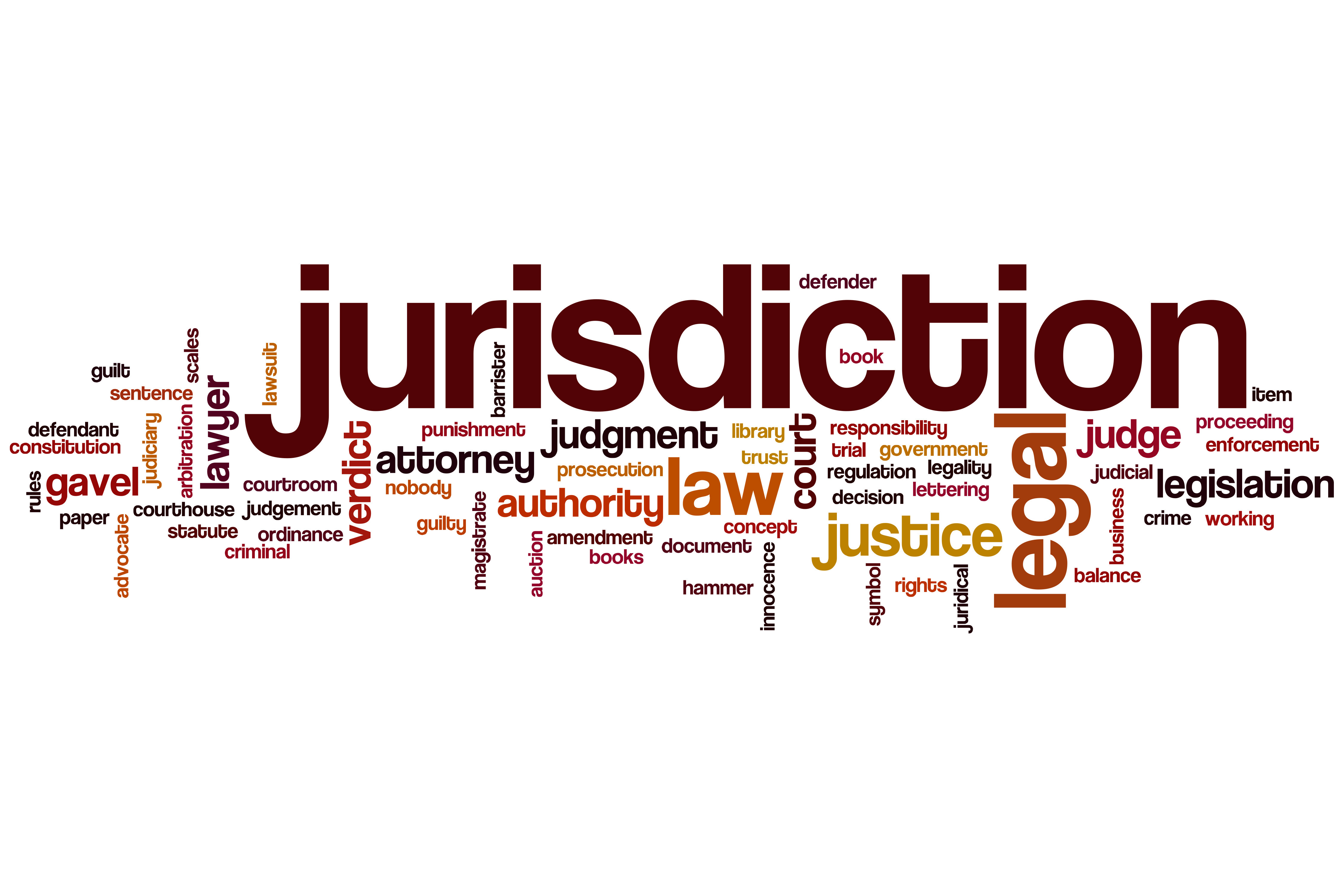 Federal Court (Full Court). FCA held that a notification under s 501CA(3) of a decision is not a decision. That judgement was appealed to FCAFC. Does a privative clause decision include the making of a determination of an administrative character? If so, does s 501CA(3) require the Minister to make an administrative determination as to the way in which he or she considers the written notice required by the provision is to be given to the person concerned, thus making a notification under that provision a privative clause decision and enlivening FCCA's jurisdiction? If so, does FCCA have jurisdiction to determine whether a determination was made by a person duly authorised by the Minister? Does a notification purportedly sent under s 501CA(3) by a person to whom the power to notify had not been delegated under s 496(1), have legal effect?
Federal Court (Full Court). FCA held that a notification under s 501CA(3) of a decision is not a decision. That judgement was appealed to FCAFC. Does a privative clause decision include the making of a determination of an administrative character? If so, does s 501CA(3) require the Minister to make an administrative determination as to the way in which he or she considers the written notice required by the provision is to be given to the person concerned, thus making a notification under that provision a privative clause decision and enlivening FCCA's jurisdiction? If so, does FCCA have jurisdiction to determine whether a determination was made by a person duly authorised by the Minister? Does a notification purportedly sent under s 501CA(3) by a person to whom the power to notify had not been delegated under s 496(1), have legal effect?
Summary
The Department of Immigration cancelled the Applicant's visa under s 501(3A) of the Migration Act 1958 (mandatory character cancellation) and then invited him under s 501CA(3) to make representations about revocation of that cancellation within 28 days.
The Applicant made representations after the 28 days, but the Department advised the Applicant that, by reason of the delay, "the Minister cannot considering revoking the decision to cancel your visa".
The Applicant then applied to the Federal Circuit Court (FCCA) for judicial review. As explained by the Federal Court (FCA):
8 Before the Federal Circuit Court it was common ground that no challenge was made to the actual decision to cancel the visa under s 501(3A); the challenge which was mounted was to the notification of that decision. In essence, the Applicant contended that the “person who purported to give the Notice to the Applicant … did not hold a delegation from the Respondent [Minister] to carry out his duty under the Migration Act 1958 s 501CA(3)”. If successful in that challenge, the Applicant would have – so the argument ran – 28 days from whatever date a new notification was given in which to make representations.
The FCCA dismissed that application and the Applicant eventually filed in the FCA an originating application for relief under s 39B of the Judiciary Act 1903.
In a previous judgement (Chung v Minister for Immigration & Multicultural & Indigenous Affairs [2003] FCA 442), the FCA had held that a notice under s 66 of the Migration Act 1958 of a decision to refuse to grant a visa did not itself constitute a "decision" that enlivened the jurisdiction of the FCCA.
The questions to the Full Court of the FCA (FCAFC) were as follows:
Question 1: Does a privative clause decision, as defined under s 474 of the Migration Act 1958 (Cth), include the making of a determination of an administrative character?
Question 2: If the answer to Question 1 is "yes", does s 501CA(3) require the Minister to make an administrative determination as to the way in which he or she considers the written notice required by the section is to be given to the person concerned, thus making a notification under that provision a privative clause decision and enlivening FCCA's jurisdiction?
Question 3: If the answer to Question 2 is "yes", does the FCCA have jurisdiction to determine whether a determination was made by a person duly authorised by the Minister?
Question 4: In Aciek, Judge Manousaridis of the FCCA had held that a notification purportedly sent under s 501CA(3) by a person to whom the power to notify had not been delegated under s 496(1), had no legal effect. In Megase, Judge Street of the FCCA said that the decision in Aciek was plainly wrong. In McCulloch, Markovic J of the FCA overturned Aciek, without referring to Megase. In EFX17, a 2:1 majority (Greenwood and Rares JJ, with Logan J in dissent) of the FCAFC held that Aciek was correctly decided, without mentioning McCulloch. Was the reasoning of Judge Street in Megase, Markovic J in McCulloch and Logan J in EFX17 to be preferred to that of Judge Manousaridis in Aciek and Greenwood and Rares JJ in EFX17?
Question 5: According to the FCAFC, the FCCA Judge in this matter "refers (at [11]) to a written statement made by the appellant that was apparently in evidence, he does not describe its contents other than to say that it referred to the appellant’s detention history and engagement with various lawyers. His Honour goes on to say in the same paragraph that “that statement does not however provide a satisfactory explanation according to the layout of circumstances [sic] of the present case which is substantial [sic].”". Do the FCCA's Judge reasons "disclose why he considered the explanation in the appellant’s statement was not satisfactory"?
Question 6: Should this appeal be stood over to await the outcome of the Minister's special leave application in EFX17?
The FCAFC answered as follows:
The remainder of this article is only available to Case Law and Platinum subscribers.
Read our Terms & Conditions and upgrade below:
Monthly Subscriptions
Annual Subscriptions
Where GST applies, the above amounts are inclusive of GST.
Content Types
Basic Content includes basic news, some media articles and selected announcements.
Premium Content includes all our content, except for Case Law Content. In other words, it includes Basic Content, plus all our articles on legislative and policy changes, industry updates and the Migration Legislation Tracker.
Case Law Content includes Basic Content, plus case law summaries, analysis and extract, but does not include Premium Content.
Platinum Content includes Basic Content, plus Premium Content, plus Case Law Content. In other words, it includes ALL our content.
If you already have a Case Law or Platinum subscription, click on 'Login' below.










